Sarah Glidden | June 10, 2025
 From Kate Beaton's Ducks: Two Years in the Oil Sands, 2022.
From Kate Beaton's Ducks: Two Years in the Oil Sands, 2022.From The Comics Journal #311: comics journalist Sarah Glidden (How to Understand Israel in 60 Days or Less, Rolling Blackouts) spoke to New York Times Best Selling cartoonist Kate Beaton. In her introduction, Glidden, who was part of the Pizza Island cartoonist collective with Beaton, wrote: "Hark! A Vagrant ran on [Beaton's] website from 2007 to 2018, and had upward of 500,000 unique visitors per month," noted that Beaton's book The Princess and the Pony was turned into an animated series for Apple TV+, and that Beaton's graphic memoir, Ducks: Two Years in the Oil Sands, "won a Harvey Award and an Eisner (as did both Hark! collections before it) and was the 2023 winner of Canada Reads. It even made it onto the Obama book list."
In this excerpt, the two talk about Beaton's webcomic, which often poked fun at historical figures, learning how to adapt to an internet audience and where Beaton is going to go from here.
 From Hark! A Vagrant, 2011.
From Hark! A Vagrant, 2011.It’s so easy for us to look back now and see how things were changing, the way that we viewed history and highlighting voices who had been left out. It must have been harder at the time to understand. what is this feeling, that this has run its course. You had a fandom. A lot of us don’t know what it feels like. And I can imagine that being a lot of pressure to keep going.
It wasn’t too hard. The thing about my audience is that I’ve always had a very, very good dialogue with them from the beginning, through emails or through Twitter, before Twitter was completely nuts. Or even through LiveJournal, when we used to have conversations on there. One thing that I had always strived for was to be very much a real person to people and to talk. I learned a lot through people. I’m a bumpkin from a tiny village and always had a lot to learn [laughs].
There were times, for sure, where I made gaffes and people took me to task, but I never minded having to step back and figure it out, learn and apologize when I do that. That’s all part of being a creator online, to meet your audience where they’re at, and to read the room and to learn to go along with things. I never made anything crazy offensive or anything like that. People would often suggest topics and things to me, and then we’d talk about it. I should walk that back. A few times early on, I had used things like ableist words and people were like … then you learn quick. This was when “ableist” was entering the larger conversation, most of us had never heard the term before the late 2000s maybe. It’s embarrassing that I was ever that thoughtless or cavalier with words but you get an email where someone says they were hurt by a word you chose and, that’s it. It’s mortifying but it’s not about you. And you change it and … I profusely apologized. It’s all in dialogue with your audience. Again, here I think I benefitted from starting out at a time when the internet felt smaller, and these conversations felt so personal.
It’s so interesting, though, with webcartoonists. Making minicomics is so different. Julia [Wertz] had a lot more interactivity with her readers. But I feel like, for me, I would be working on something for a while and then I’d have a minicomic or working on something and then have a book. And to have that more immediate dialogue with your audience is cool. And also scary to me. [Laughs.]
It could be. There were certainly times when you would have the people who would come out with the sexist sort of stuff. You’d have more of the 4chan sort of people. You were aware that all that was there, and every now and then they dogpile activity your way, and some frightening stuff like that. But for the most part, I’ve had a very, very good relationship with my audience because they’re quite genuine with me. I was giving you some negative examples there because I wanted to point out that I take people’s concerns seriously. I think you can build up walls when someone gives you criticism and be a dick about it. Or you can understand that they’re coming from a place of genuine concern. And be like a normal person about it [Laughs.] Why would you be a dick to them? That’s how you build a mutual respect.
 From "Nonsense" in Never Learn Anything From History.
From "Nonsense" in Never Learn Anything From History.I like my audience. I remember Drawn & Quarterly saying that when they put my first book out at San Diego, people were coming up for it, and it sold out. They didn’t get enough of them. And it had sold out. People came up, they were like, “Can I have Kate’s book?” And they were like, “No, it’s sold out.” And they were like, “Oh, good for her.” [laughs], which was so nice because they were coming up for some other people’s books, and they were like, “You don’t have this, you’re dead to me.” [Laughs.] They’re mad about it, but they were happy for me, which is so nice. [Laughs.] These other old-school comic reader dudes, they’d be grouchy [laughs]. That’s just the story I was told, probably exaggerated! Just funny to think about. But I think building a nice relationship with your audience, you could treat it like part of the job, but it’s also a thing you should do. It’s a normal thing you should do. Why would you be weird and off-putting [laughter]? I don’t know. We all have blind spots and we all come from some place that doesn’t know everything about everybody. So be open to what people have to say.
Totally. Do you miss that kind of back-and forth? Now you have a Patreon where you put your family comics and work in progress.
Yeah. And Patreon people are nice, but people are there by choice, so they’re not there to be like, "you suck" [laughs]. You know that they’re there to be nice, which is good. But for the most part, until Twitter got totally, totally crazy, I never blocked anybody. I try to remember the early days of Twitter. So different. [Laughter.]
I miss that. Even Instagram now, whatever they’re doing with the algorithms, and I don’t think you’re ever posting a lot of comics on Instagram, but it feels like there’s very few places now where you can have an audience and have that kind of dialogue going back and forth and be secure about things. Everything feels more guarded and more private.
I never had that public Instagram, where people are DM ing you. It’s funny because I do miss going to comic shows. I haven’t been to a comic show in nearly 10 years. I’m going to CXC [Comics Crossroads Columbus] this year. And that will be nice because it’ll be the first one in a long, long time. But I haven’t in a long time. Certain people would come up and they’d be like, “Oh, you don’t know me.” They would say their Twitter handle. You’d be like, “I know you [laughs], you’ve been following on my Twitter for 10 years.” And there, there is a kind of a community there that you’re like, “Oh, I’ll miss this sort of this thing that is now a total dumpster fire.”
 From "Cinderella" in Step Aside, Pops.
From "Cinderella" in Step Aside, Pops.Yeah. It just seems scary. I don’t like putting things up anymore. I don’t want people to see my work because it just seems too vulnerable. At the time, that was wonderful, making that community.
Yeah. We’ve had several iterations of comics communities, I feel, over the years. And now that we’re old, I don’t know what to think. [Laughs.] It’s funny you’re asking these questions about having an audience. I’m thinking, over the years, or even having been online for so long, I think of times where I was so stressed out about this or that thing, but it feels like so long ago that it’s like a distant nightmare [laughs] this or that scary thing. [Laughs.] Even stuff that happened when we were in Pizza Island, I can’t even tap into that memory almost. That was a long time ago now. We’re old. We’re old. [Laughs.] Do you ever think about going back to putting out humor in a more public way or making a book of the family comics? Yeah. I still like making humor. I enjoy it. I made a pitch for a middle-grade book and I’m gonna talk to my agent or my editor about that next week. And maybe making stuff for kids, it is a safe place for that. Not a safe place, but like an appropriate place for that, a good outlet for it. But my humor is a strange thing. I got the feeling from the editor that they were like, “I’d like to talk to you about what age you want to put this out for.” It sounded to me that they were like, ‘I don’t think this is appropriate for kids.” [Laughs.] So, I don’t know. I like it. I kind of miss it. I’m not sure where it belongs or anything. It’s funny. I have a drive to make these weird, sad stories now but put humor in them.
I think that’s what made Ducks so great to me. It’s very serious and it talks about some of the most serious topics that you can imagine, but it’s also very funny. And there’s all of these jokes, people having a sense of humor, that’s life. You know? Otherwise, it’s just oppressive. [Laughs.] When you read a book that’s sad all the time, you’re like, “No one lives like this.” No place you’ve ever been to was people just being completely bummed all the time. Thank you. I keep going back and forth on the things that I’m doing and I’m not sure what exactly is coming next.



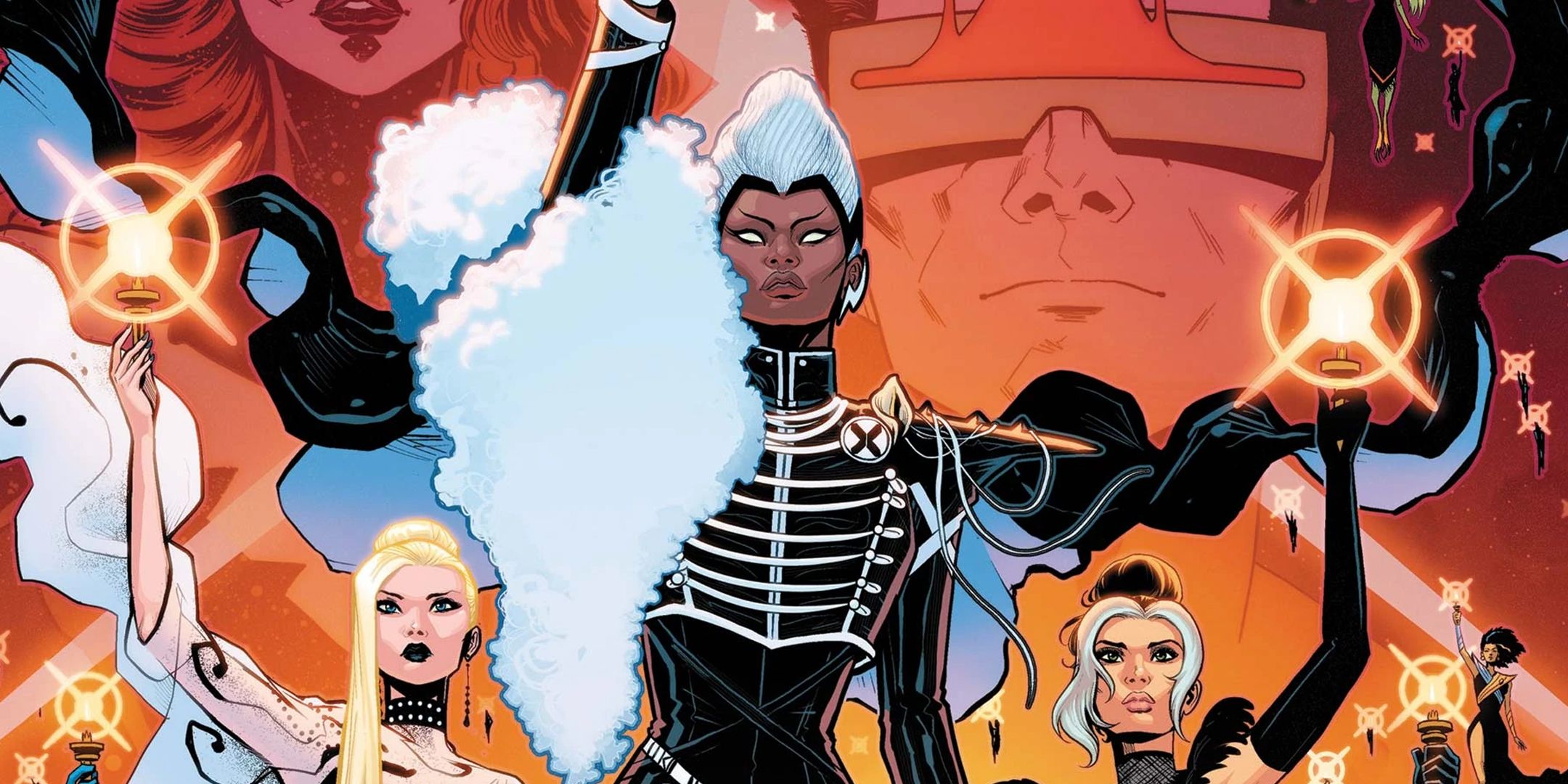
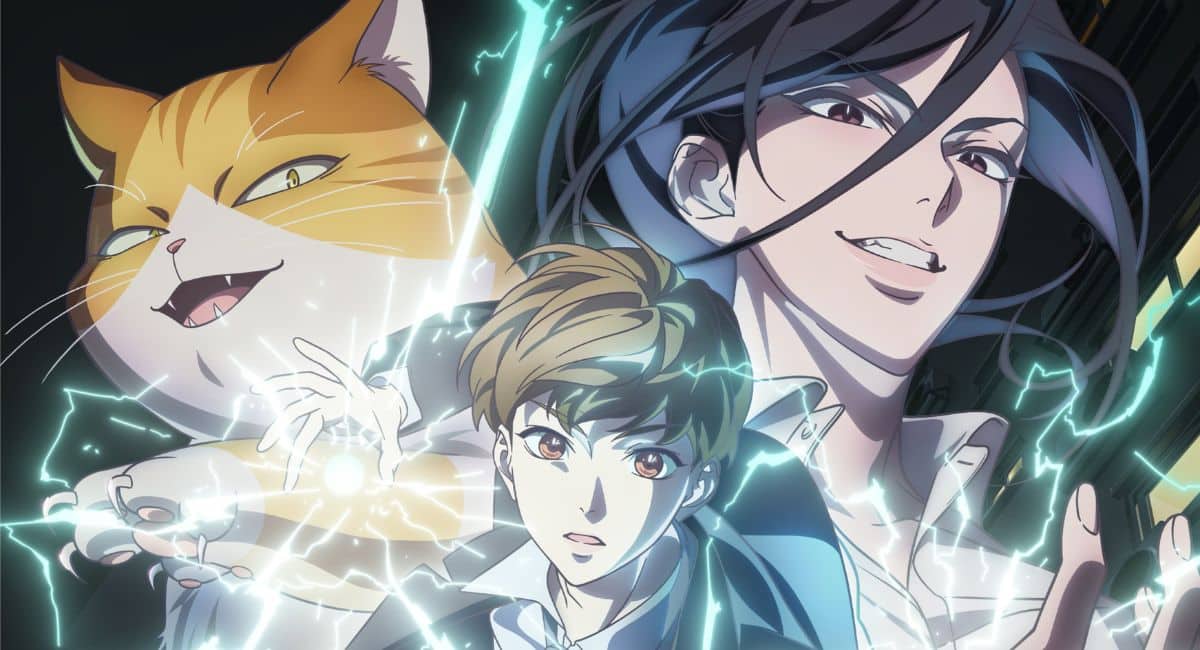


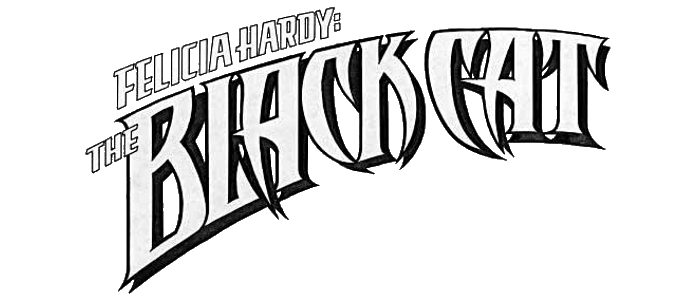



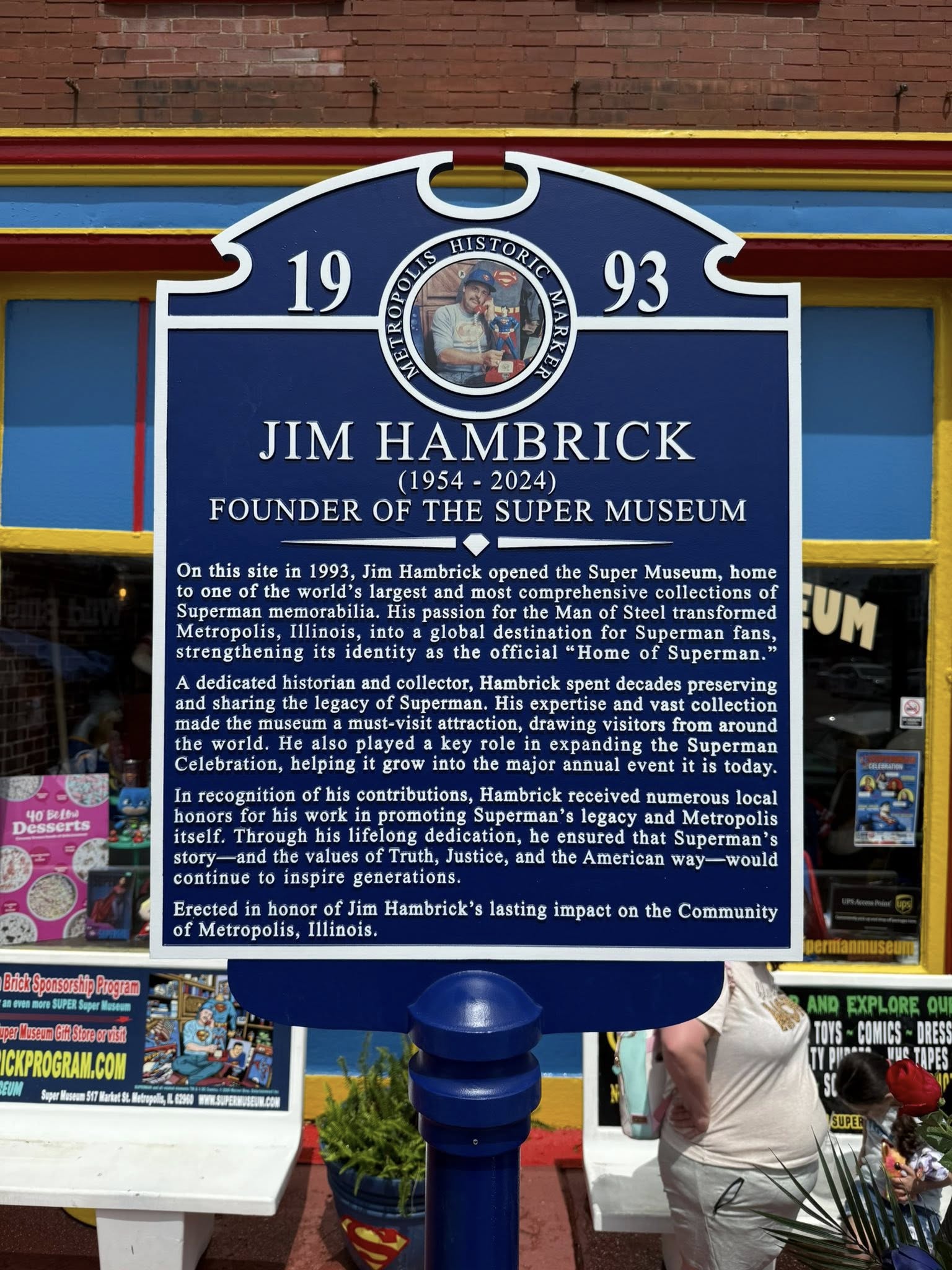



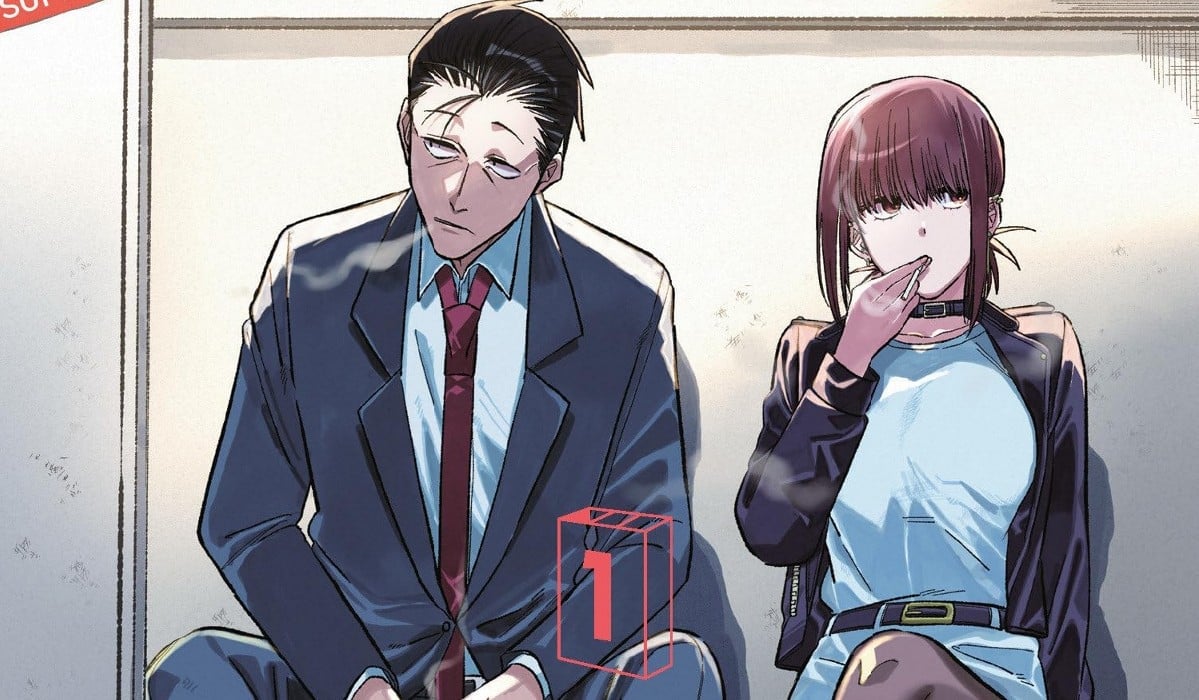
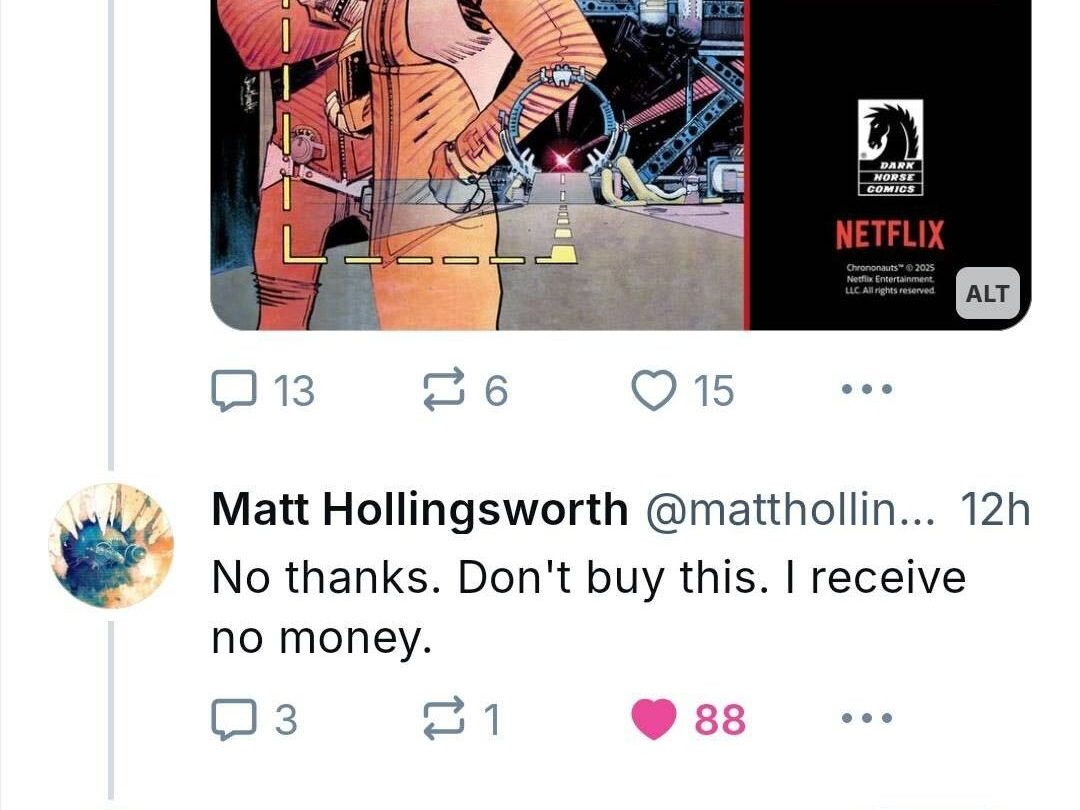
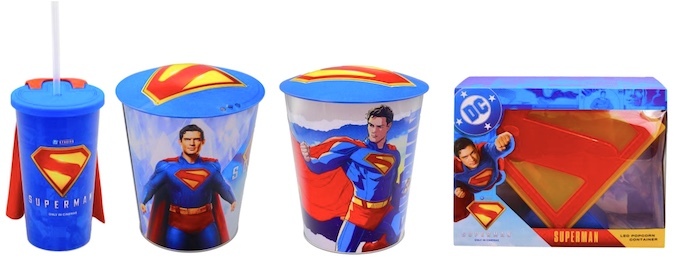

 English (US) ·
English (US) ·